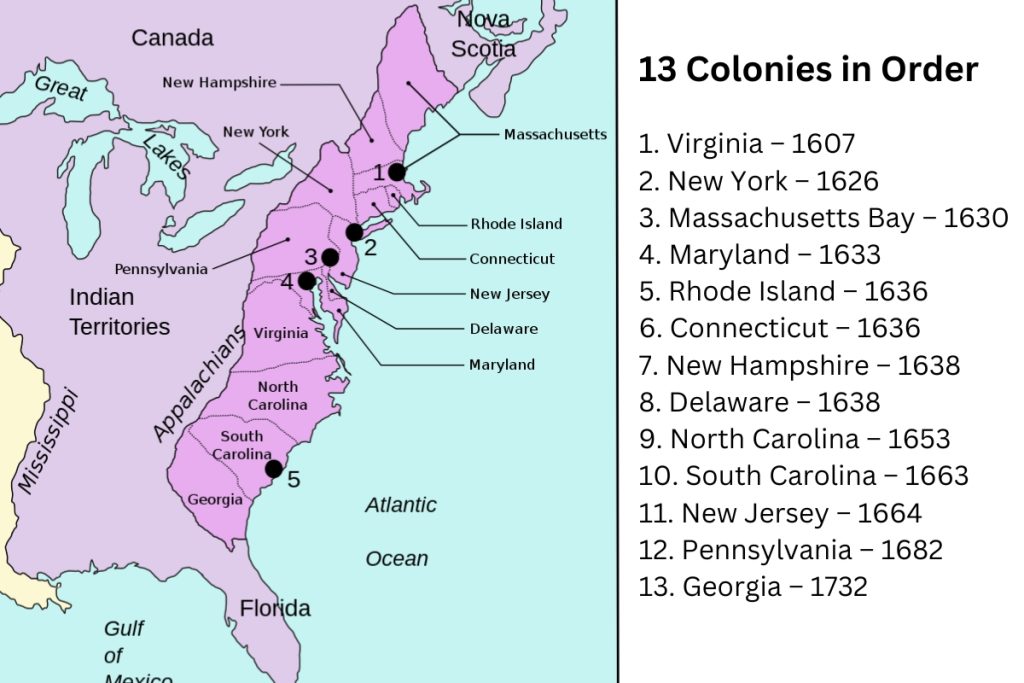expat500
Diamond Member
- Jan 16, 2012
- 4,902
- 3,365
- 1,928
Now there it was semantics.
Under British Law, they were denied the rights even guaranteed to subjects. Specifically, the Magna Carta, the English Constitution, and the English Bill of Rights.
Just because one is a "subject", does not mean that under British Law they do not have key rights.
There is no written English Constitution.

